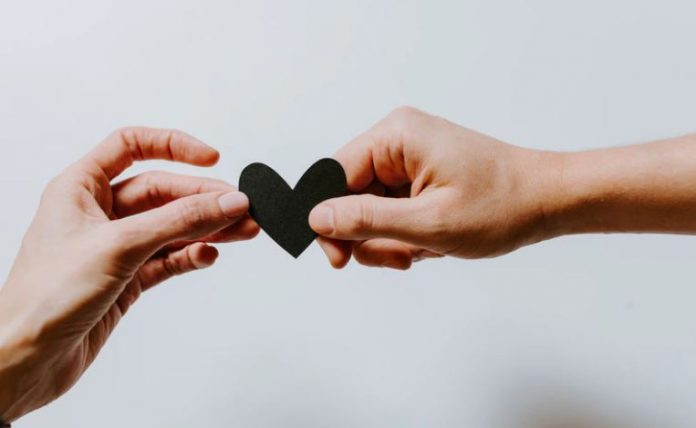All relationships are based on a number of assumptions; that those involved in the relationship have something to give to those in the relationship (money, love, goods), and that they also expect to receive something back from it (companionship, money, services).
Whether that relationship is commercial (e.g. a business deal) or emotional (e.g. a marriage), it requires the commitment of everyone involved to ensure that the relationship lasts and prospers.
Commitment is when a person pledges themselves to something other than themselves, whether it is to another person, a relationship, or some form of ideal (e.g. a family, a nation).
In many cases, that pledge isn’t even officially stated, it is mainly a state of mind that has developed over time as a person has become more emotionally involved in the relationship, and that growing bond has become more and more of a factor in their decisions and actions.
Often, the person may not even be consciously aware that the bond has developed to the point that it is having an effect on their life.
Unfortunately, men tend, on average, to be less able (or willing) to use the introspection necessary to notice their own developing rapport, and also less able to communicate the commitment that is growing along with that association.
And a commitment that is unspoken tends to always remain ambiguous and uncertain, causing confusion, mixed messages and distrust.
Even when the partner is attentive and communicating via gifts and their attention, an inability to state their feelings will always leave a form of barrier in the relationship.
It is always best for that pledge to be stated and openly discussed with the other person in the relationship
By doing so, any ambiguity is removed and the uncertainty significantly reduced, removing much of the anxiety and tension in the link.
Also, by openly discussing the situation, this helps to affirm the connection in the person’s own mind, confirming the situation to themselves and helping to strengthen that pledge.
This can take many forms but usually comes down to a number of simple guidelines:
- – use open and honest communication,
- – be aware of the other person’s expectations and needs,
- – be willing (and able) to provide for those needs.
Being committed to the relationship requires actively following up on all of these guidelines, providing energy to the partnership, rather than merely passively allowing it to exist.
Whether that interaction is a simple declaration (‘I love you’), or the offering of a gift to show you are thinking of them, or a more deliberate discussion
(‘So tell me what you think about us, you know, you and me”), any exchange about the emotional link strengthens it, clarifies it, and re-affirms it for both parties.
Of course, this is not a single event that is then forgotten and ignored. Commitment to a person, and to a relationship, continues to ebb and flow over time.
Circumstances change, people, change, and the connection between people will always change right along with everything else.
Hence this discussion is not an isolated action; it must be an on-going process that regularly and continually re-assesses and re-confirms the link in order to keep it strong, vibrant, and intact.
Any relationship between two people requires the investment of a significant amount of ongoing effort to encourage it to grow and develop.
But for all of that, the benefits of that commitment and investment are incredibly valuable to both people.

